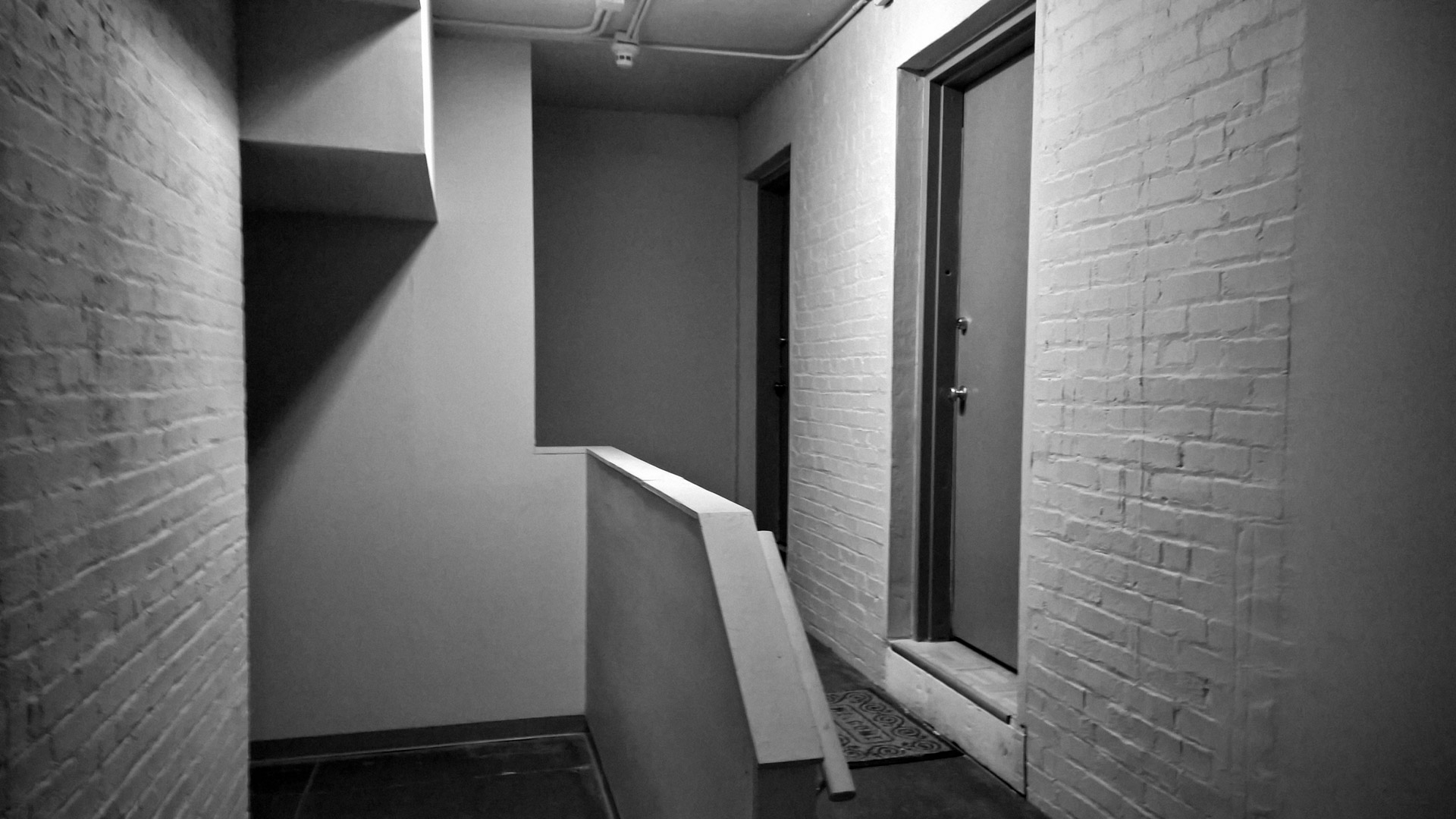Still more on the outsourcing thread…
Re: Outsourcing by soulhuntre on 3/4/04 17:41
“Soul, I’m going to poke a few holes”
That’s OK…cause they aren’t holes.
“jobs were changed, yes, but normally to requiring a higher level of skill from the people that actually DID the work”
Sorry, this is untrue. For instance way back when the mass production of firearms started the skills needed dropped from extremely skilled craftsman making a one off item to a skilled (but no longer as skilled) worker running the machines.
Automation always does one of two things or both.
- Makes possible things that were impossible before (production speed or items that humans are physically impossible to produce by human hands as in microchip fabrication)
- “baked” skills into the machinery so that less skilled workers could do a job that previously took workers with less common skills.
That’s it, that’s what it does. While form your POV a production line needed skilled workers to run it, from the point of view of others the production line lost a lot of jobs they considered skilled. Buggy whip manufacturers wrote things that sounded a lot like these sorts of posts when cars became common.
“Not that the china and taiwan products are the same quality, they are not, and it reflects in the price.”
Then if it turns out quality is a important factor then you can compete 🙂 If it turns out quality isn’t an issue in this case then you were doomed and obsolete anyway.
“Many years ago, Lionel moved production of their HO scale locos to mexico, five years later they moved it back, but too late.”
Again, it would seem that the US worker can compete. By your own example we see that companies in a market where quality matters will consider factors other than pure price. As this experience spreads companies like Lionel will learn not to make the mistake in the first place.
Basically, what you are arguing against is automation and the loss of skilled workers. That’s OK, its a common enough thing to argue against in history – but it isn’t a solution, it’s just a concern. Technology moves on, new things are created and teh market and the workers adjust.
Then I think of all the companies that simply couldn’t exist without the use of the high end computer controlled milling machines and I am please for the jobs they are creating and the small firms that are now contributing to the economy. Where some people saw it as a tragedy for the worker someone else realized they could (for instance) mill custom car wheels from a design 4 at a time in a day or less at a price that made it worth doing.
